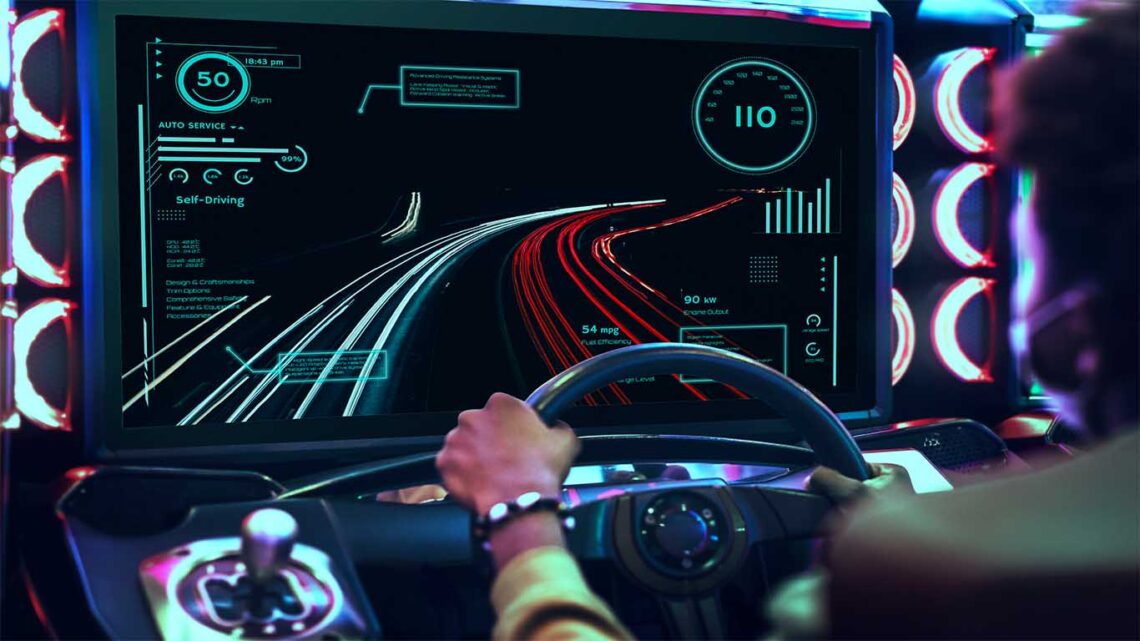The automotive industry is undergoing a transformation unlike anything seen in over a century. Rapid advancements in technology, growing environmental concerns, and shifting consumer expectations are all fueling a wave of innovation. From electrification to autonomous driving, the road ahead promises to be smarter, cleaner, and more connected than ever before.
Electrification Leading the Charge
Perhaps the most visible shift is the move away from internal combustion engines to electric vehicles (EVs). Spearheaded by pioneers like Tesla, the EV market has grown exponentially in recent years. Traditional automakers such as Ford, General Motors, and Volkswagen are now investing billions in electrification, rolling out new models and even pledging to phase out gasoline-powered cars entirely within the next few decades.
Battery technology is at the heart of this transition. Improvements in lithium-ion batteries are leading to longer ranges, faster charging times, and lower costs. New developments such as solid-state batteries promise to revolutionize EV performance and safety even further.
Autonomous Driving: The Next Frontier
Self-driving cars, once a science fiction concept, are becoming increasingly viable. Companies like Waymo, Tesla, and Cruise are testing autonomous vehicles on public roads, inching closer to full autonomy. Advanced driver-assistance systems (ADAS) are already mainstream, with features like adaptive cruise control, lane-keeping assistance, and automated parking enhancing safety and convenience.
The journey to fully autonomous vehicles (Level 5 autonomy) is complex, involving not just technology but also regulatory and ethical considerations. Nevertheless, as artificial intelligence, machine learning, and sensor technology improve, the reality of cars that drive themselves is drawing near.
Connectivity and Smart Mobility
Modern vehicles are no longer isolated machines—they’re becoming part of a connected ecosystem. With the rise of the Internet of Things (IoT), today’s cars can communicate with other vehicles, infrastructure, and even pedestrians. This connectivity enables features like real-time traffic updates, predictive maintenance alerts, and over-the-air software updates.
In urban areas, the concept of mobility is also evolving. Shared mobility solutions such as ride-hailing, car-sharing, and even subscription services are reshaping how people access transportation. The goal is to create a seamless, efficient, and sustainable mobility network, reducing the need for individual car ownership.
Sustainability at the Core
Sustainability is no longer optional—it’s a necessity. Automakers are embracing greener manufacturing practices, using recycled materials, reducing waste, and working to lower their carbon footprints. Hydrogen fuel cell technology is also gaining traction as a zero-emission alternative to battery electric vehicles, especially for heavy-duty and long-haul transportation.
Governments around the world are encouraging this shift with stricter emissions regulations, subsidies for EV purchases, and investments in charging infrastructure. Consumers, too, are increasingly prioritizing eco-friendly choices, pushing the industry further toward a sustainable future.
Conclusion: A Fast-Moving Landscape
The automotive industry stands at a crossroads, where technology and sustainability converge to redefine the way we move. While challenges remain—such as charging infrastructure, data privacy, and regulatory hurdles—the pace of innovation shows no signs of slowing down.
As we drive into the future, one thing is clear: the cars of tomorrow will be smarter, cleaner, and more connected than anything we’ve known before. And for drivers, commuters, and car lovers alike, that’s an exciting journey worth watching.
Share this content:



